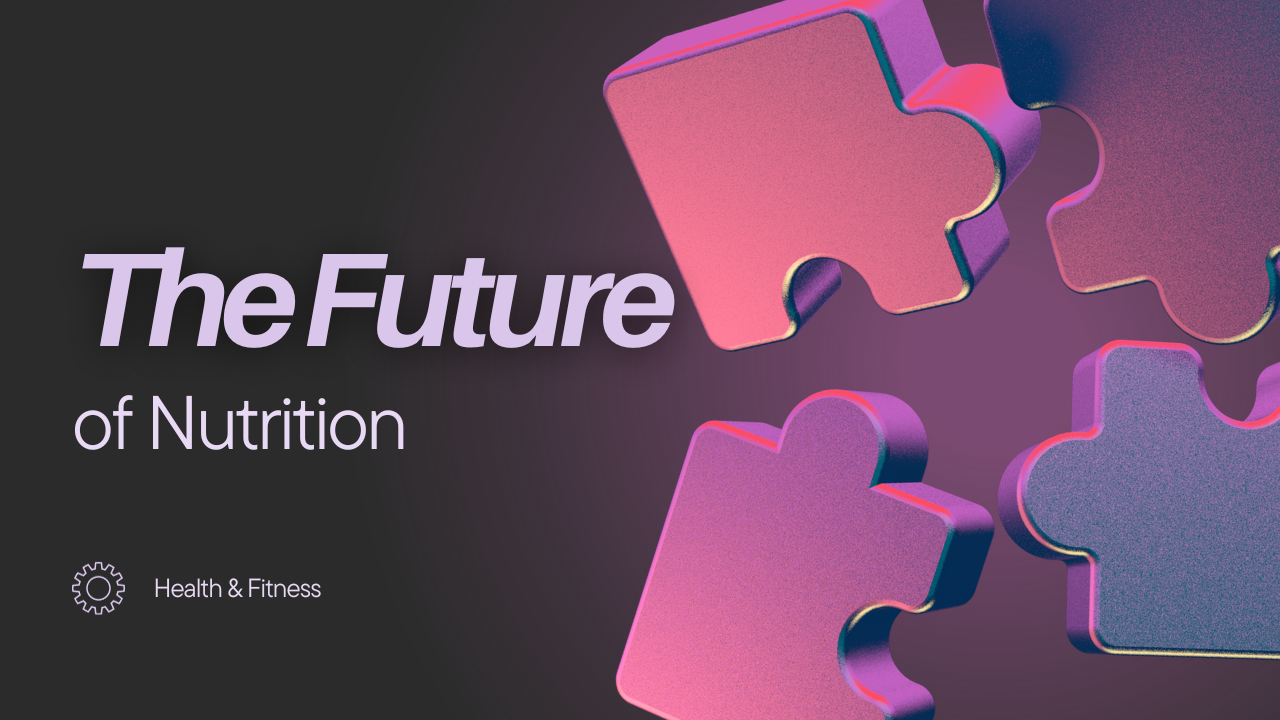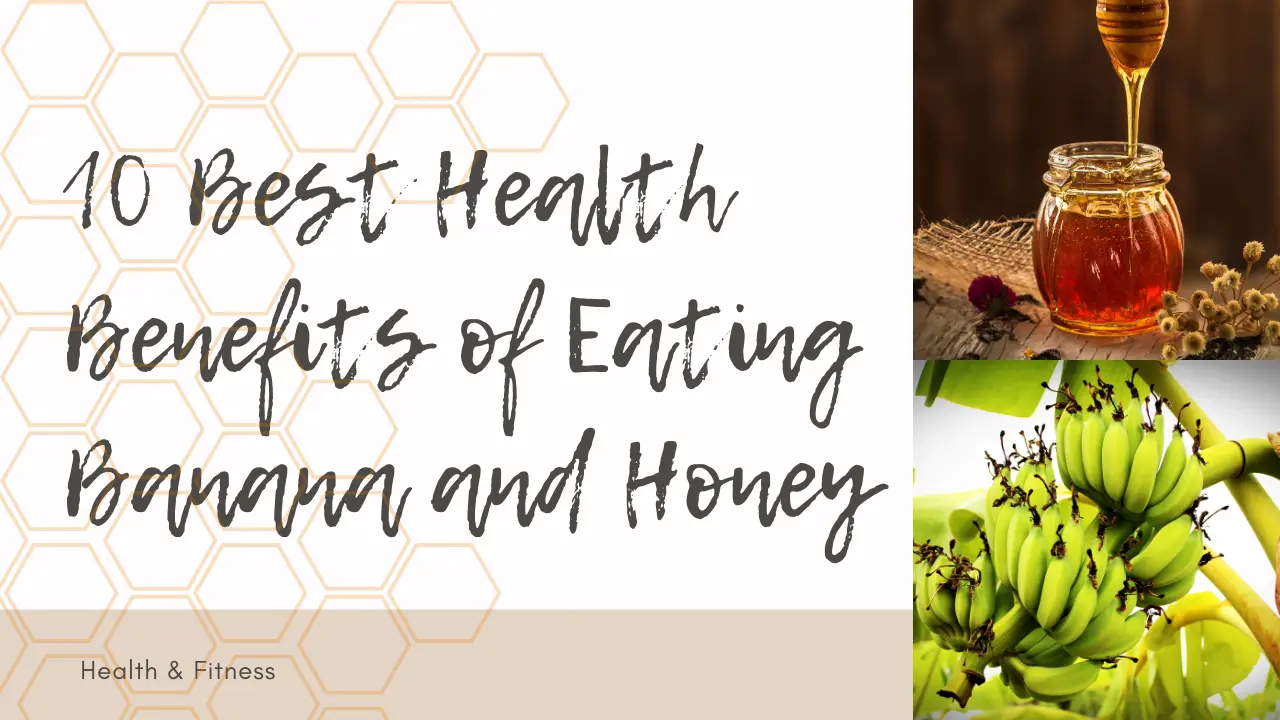In a relentless journey of progress, the future of nutrition emerges as a dynamic and transformative force, redefining the essence of how we fuel our bodies. In this exploration, we delve into the complex tapestry of the “future of nutrition,” where unprecedented innovations and compelling trends promise to reshape our relationship with food and wellness.
The Future of Nutrition
Personalized Nutrition: Unveiling the Genetic Code of Optimal Health

Personalized nutrition represents a revolutionary leap in the field of dietetics, ushering in an era where personal genetic information paves the way to optimal health. At its core, this innovative approach seeks to uncover the complex genetic code unique to each individual, providing tailored dietary recommendations that consider factors such as metabolism, nutrient absorption and genetic predisposition to certain health conditions. .
Advances in genetic testing, coupled with sophisticated data analysis, are empowering individuals to unlock the secrets encoded in their DNA. This deep dive into the genetic landscape allows for personalized diet plans to be tailored to the specific needs of an individual’s body. For example, someone with a genetic predisposition toward deficiencies in certain nutrients may receive targeted advice on supplement intake, while others with different genetic profiles may be directed toward specific dietary patterns for optimal well-being.
The promise of personalized nutrition lies not only in the ability to address individual differences, but also in the ability to prevent and manage health conditions through precise dietary interventions. As we stand at the pinnacle of this genetic revelation, the future of nutrition unfolds as a personalized journey toward holistic health, where our genes become guides to navigate the complex landscape of our well-being.
Alternative Proteins: Beyond Meat, Bugs, and Lab-Grown Marvels

In the ever-increasing search for sustainable and ethical food sources, the field of alternative proteins stands as a frontier where innovation meets honest consumption. Beyond Meat, a pioneer in this field, has redefined plant-based alternatives, creating burgers and sausages that boast the same taste and texture as traditional meat. This plant-based revolution not only addresses environmental concerns related to traditional livestock farming, but also meets the growing demand for cruelty-free and environmentally conscious dietary options.
Beyond the plant-based spectrum, another unconventional player enters the scene: bugs. Insects, with their high protein content, low environmental footprint and abundance, have become a focal point of discussions about the future of nutrition. Cricket flour, for example, is making waves as a protein-rich ingredient in various food products, challenging preconceived notions about what constitutes a viable protein source.
Bordering on scientific miracles, lab-grown meat has emerged as an attractive prospect. Grown through cellular agriculture, these meats provide a sustainable and ethical alternative to traditional livestock farming. Although still in its early stages, lab-grown meat promises to reduce environmental impact, ensure animal welfare and meet the protein needs of a growing global population.
The alternative protein landscape, spanning from plant-based innovations like Beyond Meat to insect-derived proteins and the discovery of lab-grown wonders, marks a shift toward diverse, sustainable, and ethical options that will ultimately shape the future of protein consumption. Gives shape to.
Gut Health Revolution: Microbiome Mastery and Digestive Delicacies

The gut health revolution marks a significant shift in our understanding of nutrition, shedding light on the complex world of the gut microbiome and its profound impact on overall well-being. This growing trend recognizes the gut not only as a digestive organ but as a complex ecosystem filled with trillions of microorganisms that play a vital role in health maintenance.
At the heart of this revolution is the fascination with microbiome mastery – the art of understanding and nurturing the delicate balance of bacteria, fungi and other microorganisms that live in our digestive tract. Researchers and nutritionists alike are researching the ways in which the composition of the gut microbiome may impact digestion, metabolism, immune function, and even mental health.
This trend advocates the integration of prebiotics, probiotics, and microbiome-targeted nutrition into our diets. From fermented foods like yogurt and kimchi to cutting-edge probiotic supplements, the gut health revolution offers a spectrum of digestive recipes aimed at cultivating a diverse and resilient gut ecosystem. As individuals recognize the symbiotic relationship between their dietary choices and the health of their gut, they begin the journey toward digestive wellness and overall vitality in the era of microbiome mastery.
Smart Food Labels: Enlightening Choices through Technological Transparency
In the rapidly evolving landscape of nutrition, the advent of smart food labels has emerged as a transformative force, ushering in a new era of consumer empowerment and accountability. These intelligent labels leverage cutting-edge technology to provide consumers with real-time and comprehensive information about the products they choose, creating a bridge of transparency between producers and consumers.
Augmented reality, QR codes and innovative packaging are the cornerstone of this technological revolution. By scanning QR codes or interacting with augmented reality features, consumers gain instant access to a wealth of data, including nutritional content, ingredient origin and sustainability metrics. This transparency goes beyond nutrition facts to cover the entire journey of a product, from its sourcing to manufacturing processes.
Smart food labels not only serve as a symbol of transparency but also promote a sense of consumer consciousness. Equipped with detailed insights, individuals can make informed choices tailored to their dietary preferences, ethical considerations and environmental concerns. This trend is a departure from traditional food labeling, empowering consumers to navigate the complex landscape of modern food choices with confidence and mindfulness. As technology becomes increasingly intertwined with our daily lives, smart food labels light the way to a future where knowledge is not just power but the key to shaping a healthier and more sustainable food ecosystem.
Food as Medicine: Beyond Sustenance to Therapeutic Nourishment

In the emerging landscape of nutritional paradigms, the concept of “food as medicine” stands as a transformative philosophy that extends beyond the traditional role of sustenance. This trend represents a holistic approach to health care, acknowledging the inherent therapeutic potential of certain foods and dietary patterns.
The premise is simple but profound: the foods we consume have properties that may actively contribute to preventing and managing various health conditions. For example, the anti-inflammatory diet emphasizes including foods that are known for their anti-inflammatory properties, potentially reducing chronic inflammation associated with conditions such as arthritis and heart disease. . Furthermore, condition-specific nutrition protocols tailor dietary recommendations to address the specific needs of individuals with specific health concerns, recognizing that nutrition can have a profound impact on the management or even prevention of diseases.
As we plunge into the future of nutrition, the “food as medicine” trend underpins the shift from reactive to proactive health care. It encourages individuals to view their dietary choices not just as a means to satisfy hunger, but as a thoughtful and powerful tool for promoting overall well-being. This paradigm places the onus on consumers to make careful and deliberate dietary decisions, recognizing the dynamic relationship between what we eat and how it affects our health and vitality.
Conclusion
In the grand tapestry of “The Future of Nutrition,” these trends and innovations weave the story of a future where the act of eating goes beyond satisfying hunger – it becomes a conscious and personal journey toward optimal health and sustainability . Personalized nutrition, alternative proteins, the gut health revolution, smart food labels, and the shift toward viewing food as medicine collectively paint a picture of a future where our plates are not only a source of nutrition but also a catalyst for positive change. There are also means. As we move forward on this journey, the future of nutrition inspires us to rethink not only what we eat, but how we understand, appreciate, and interact with that food. Which keeps us alive.




